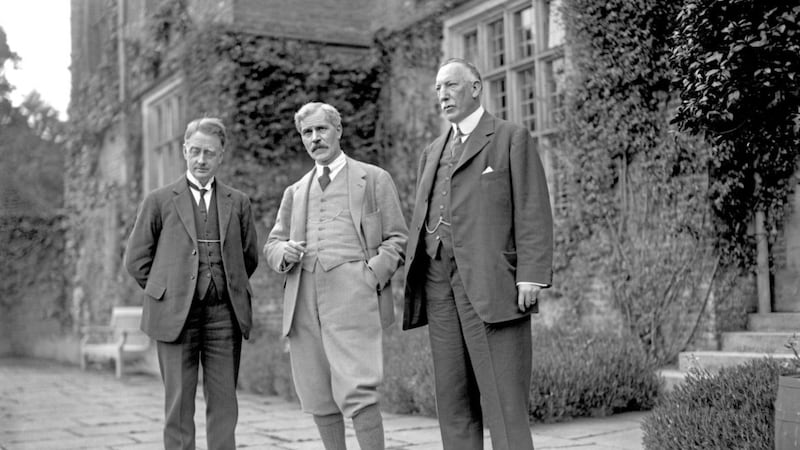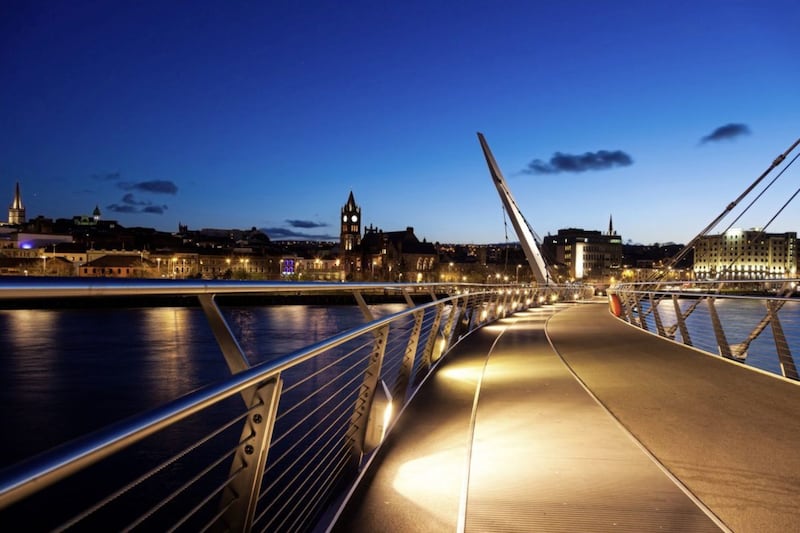Since the start of this pandemic, decisions on travel have been among the most fraught with countries around the world struggling to find the right strategy.
International air travel ensured that the coronavirus moved quickly across the globe and it was clear that governments which delayed restrictions paid a price in terms of cases taking hold.
Countries such as New Zealand, which acted quickly and comprehensively to close its borders, have been able to bring case numbers under control and suppress any flare ups. This strategy involved quarantine hotels for travellers from abroad.
In the UK, the government has adopted a piecemeal strategy, introducing travel corridors and imposing restrictions at often short notice.
However, the emergence of new variants of coronavirus means that even tougher measures are now required, with health secretary Matt Hancock announcing yesterday that travellers arriving from a list of high risk countries will have to pay £1,750 to quarantine in hotels for ten days.
The Irish government is also considering legislation on quarantine hotels which is expected to be published next week.
It makes sense to have a joined up, cohesive approach to a virus that does not recognise borders, particularly with fast spreading mutations that pose an even greater threat.
Every jurisdiction is being forced to contemplate restrictions that would have been unthinkable in virtually any other context.
This week we saw gardai turning back motorists from the north, with drivers and their passengers now facing €100 fines for travelling without an essential reason.
The symbolism of these border checks will not be lost on many people but it is important to remember why this is happening.
The Irish government is trying to prevent the spread of a virus that has claimed thousands of lives on this island and which continues to dominate every aspect of life.
We can see the present lockdown having an impact in terms of case numbers but the reality is that this crisis is far from over.
While the rollout of the vaccine provides grounds for optimism, chief medical officer Dr Michael McBride yesterday warned that restrictions will be in place for a significant part of this year and even into next year.
That is a sobering reality check that underlines the importance of everyone adhering to the measures - including those curbing travel - which are in place to thwart this virus and help us get back to some semblance of normality.






